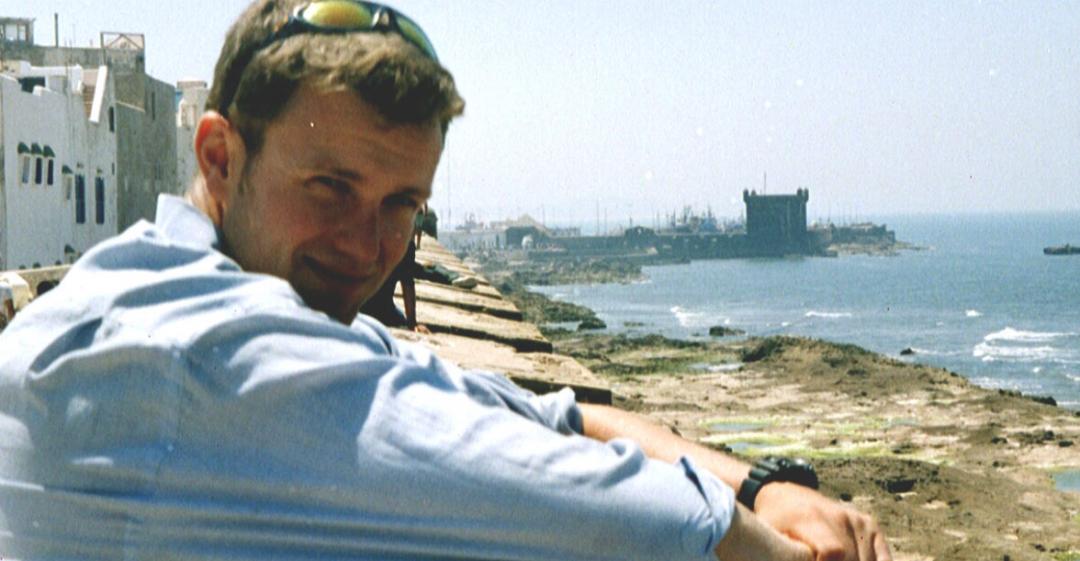“Courage, like fear, is infectious. If you surround yourself with positive people, you can achieve almost anything.”

What work were you doing previously?
Working for the Civil Service. Prior to that I had been in the Army for ten years and was medically discharged having been injured in Afghanistan.
What are you doing now?
Establishing a charity that trains veterans to become international disaster response operators, exploiting their values and skills for the benefit of others.
Why did you change?
I missed all the good aspects of the Army, such as teamwork, camaraderie and a sense of purpose. I felt like a small cog within a large bureaucracy and unable to fulfil my potential. I also started to suffer the long-term effects of minor brain damage I had sustained following my injury and the intellectual demands of my job became too much. I knew that I had to take some decisive action in order to protect my health and achieve my ambitions.
When was the moment you decided to make the change?
I was on the verge of a nervous breakdown; depression had been caused by the blast to my head. I was out walking one day and had an epiphany. I knew that, if I had the support of my family, I had nothing to lose.
Are you happy with the change?
Yes – I still have the occasional wobble but I would never go back to the way things were.
What do you miss and what don't you miss?
I miss very little and certainly don't miss the health issues that my previous job caused.
How did you go about making the shift?
I resigned immediately and began to work up a plan of the practical measures. The more I told people about my plans, the more I had to live up to. I had made some ambitious but achievable expectations to realise.
How did you handle your finances to make your change possible?
I was in the fortunate position of having a small medical pension that I could rely on to survive whilst making things work. After six months, I am about to make a modest monthly income but I have realised that the quality of life and style of working I have adopted are worth more than money.
What was the most difficult thing about changing?
Taking the initial leap of faith; since I did that, most things have fallen into place.
What help did you get?
The most important was the faith my wife has had in me to make it work. I also have been mentored by my new boss who has followed a similar path and come through on top.
What have you learnt in the process?
I feel enlightened in the respect that, having come from an extremely institutionalised existence, life and work can be dictated by you and that there are ways of existing that don't have to be totally directed by external forces.
What do you wish you'd done differently?
Been more patient. I am only now realising that this is a long-term project and that it is worth taking the time now to get it right for the future.
What would you advise others to do in the same situation?
Be bold and choose your associates carefully. Be open and honest and people will see the potential in you and your plans.
What resources would you recommend to others?
Careershifters was a source of inspiration – seeing that other people were brave enough to take that leap of faith. Courage, like fear, is infectious and if you surround yourself with positive people, you can achieve almost anything.
To find out more about Olly’s charity, visit www.serveon.org.uk
What lessons could you take from Olly's story to use in your own career change? Let us know in the comments below.



